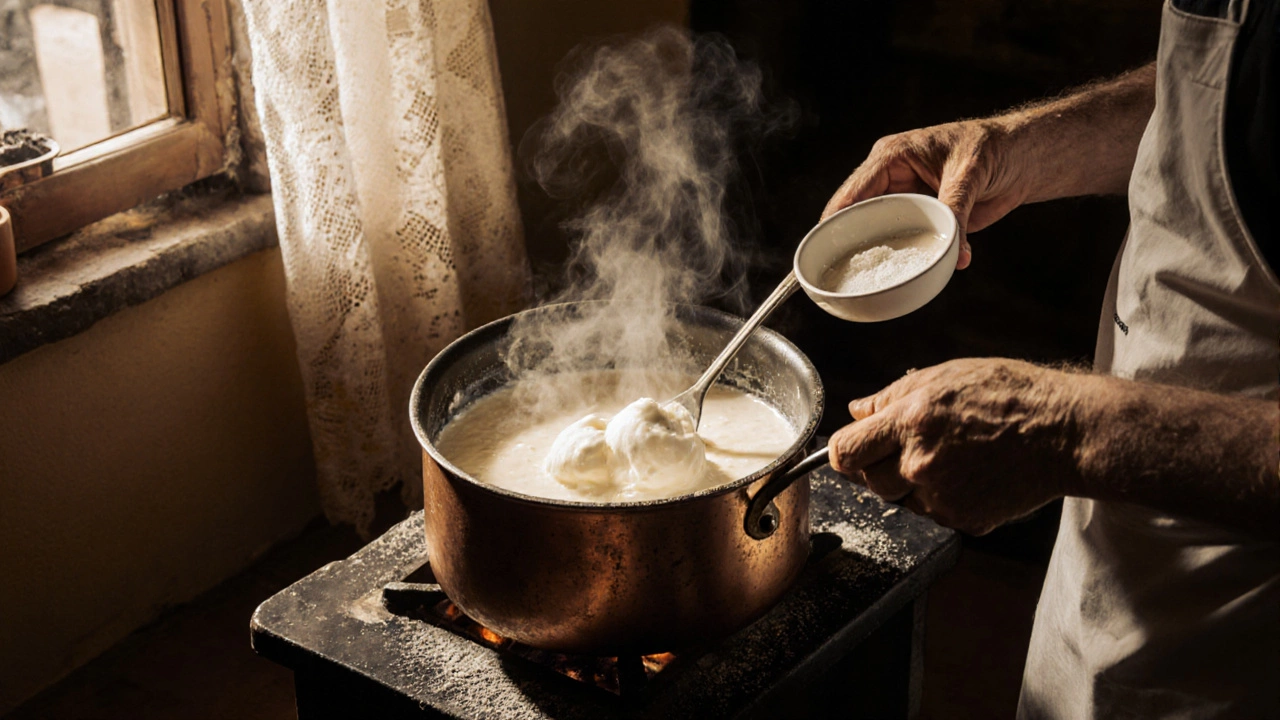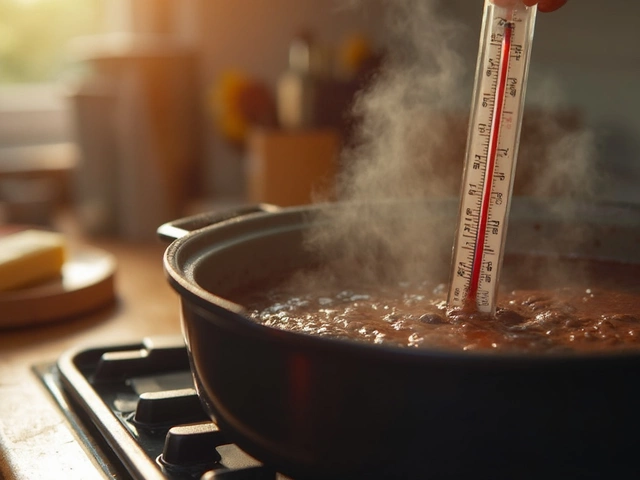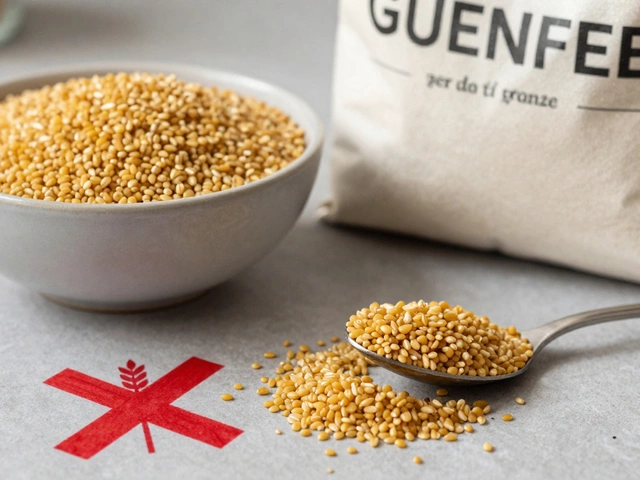Mascarpone Etymology: Where the Name Comes From
If you’ve ever wondered why that smooth, buttery cheese is called "mascarpone," you’re not alone. The name isn’t random; it’s a little linguistic puzzle that ties back to the hills of Lombardy and the way people used to make the cheese.
First off, "mascarpone" is a compound of two Italian words. The first part, mascar (or mascarpa), comes from the verb mascherare, meaning “to mask” or “to hide.” The second part, -pone, is a suffix that often denotes a product or result, similar to how "cappuccino" comes from "cappuccio" (hood) plus a diminutive ending.
Root Words and Regional Stories
In the 16th‑century Lombardy region, dairy farmers would heat cream with a splash of lemon juice or citric acid. The acid “masked” the natural flavor of the cream, turning it thick and glossy. Locals started calling this masked cream mascarpone. Some historians argue the name may also be linked to the Latin mascarrum, meaning “cream” or “fat.” Either way, the idea is the same: a creamy cheese that hides its simple ingredients behind a rich texture.
Another story points to the nearby town of Mascar (now a small hamlet). Supposedly, monks there perfected the recipe and began labeling their product with the town’s name. Over time, the word merged with the “‑pone” ending and became the cheese we know today.
Why the Name Stuck
When the cheese spread beyond Lombardy, the name stuck because it was easy to say and uniquely Italian. English speakers adopted the exact spelling, keeping the pronunciation close to the original. The word also fits nicely on menus – it sounds fancy without being a tongue‑twister.
Today, “mascarpone” instantly signals a sweet, spreadable cheese used in tiramisu, cheesecakes, and sauces. The etymology adds a layer of charm: you’re not just eating a dairy product, you’re enjoying a piece of language history.
So next time you scoop a dollop of mascarpone, remember the name’s roots in hidden cream, a Lombardy town, and a centuries‑old tradition of turning simple ingredients into something special.
Want more dessert stories? Check out our post on "What Does 'Tiramisù' Really Mean?" for another tasty word origin.

What Does “Mascarpone” Mean? Definition, Origin & Uses
Discover the meaning, origin, and culinary uses of mascarpone. Learn how it's made, how it differs from ricotta and cream cheese, and get tips for storage and recipes.
View More




